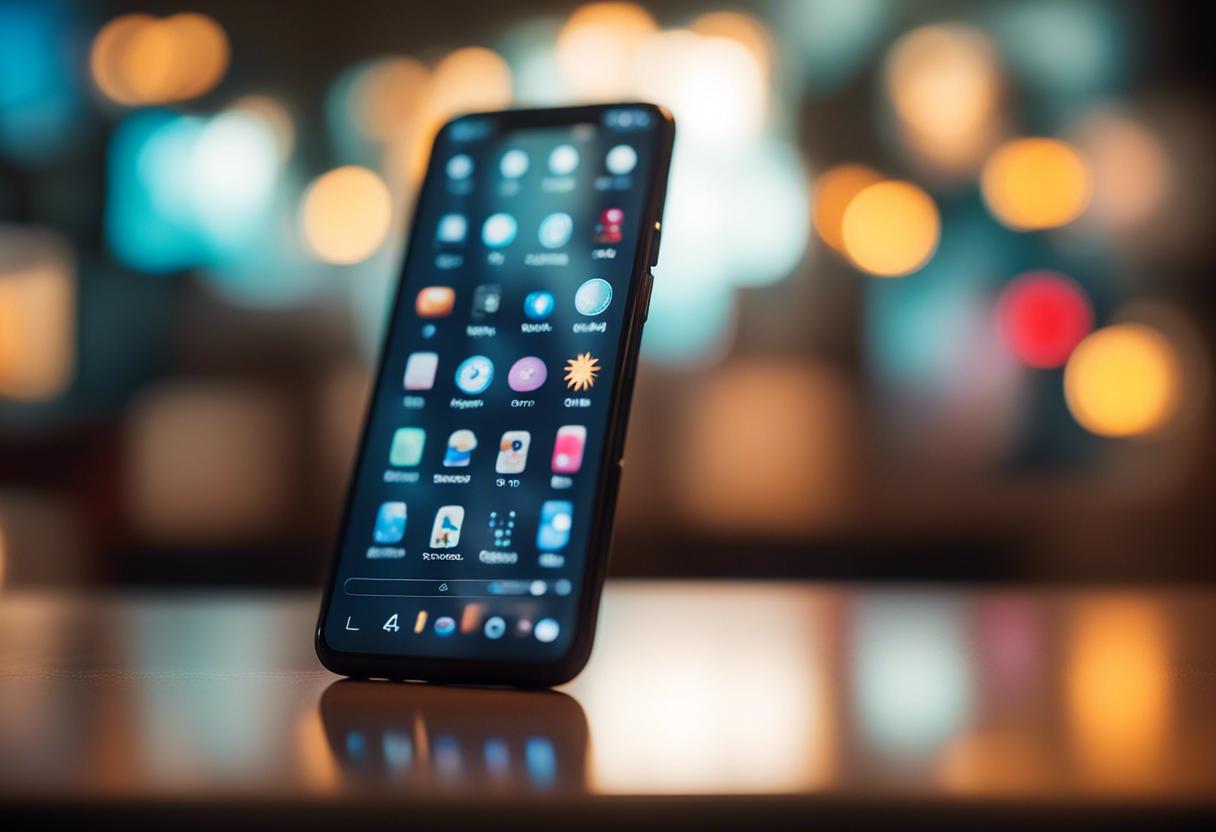Four years after being removed from Apple and Google app stores amid a high-profile antitrust dispute, Fortnite’s mobile application will make a comeback on iPhones across Europe, and Android devices globally. This return of one of the world’s top video games to the main mobile platforms aligns with the launch of the mobile app store of its developer, Epic Games, revealing the impact that EU regulation is beginning to have on major tech companies.
Epic’s CEO Tim Sweeney credited the EU’s Digital Markets Act for this move, which mandates digital ‘gatekeepers’ to provide competitors with access to their platforms. The CEO noted a shift in the tide as Apple and Google face scrutiny from global regulators and courts.
Other Epic Games offerings, including Fall Guys and Rocket League Sideswipe, will be available on iOS in Europe and Android devices globally through the fresh Epic Games Store. Furthermore, these games will also be accessible from alternative app stores like Aptoide and AltStore, which emerged in the EU after the Digital Markets Act was implemented.
In a statement, Sweeney emphasised their aim of supporting every store in reaching out to users and providing developers beneficial terms. As a part of this endeavour, Epic intends to bring all their games to these platforms, fostering a cooperative spirit for all developers. He added, “We recognise that a rising tide lifts all boats.”
Apple acknowledged the requirements of the DMA to facilitate new capabilities for developers in the EU and affirmed their commitment to making these abilities user-friendly while ensuring privacy and security protection. In contrast, Google did not immediately comment on the matter.
Despite being released seven years ago, Fortnite retains a substantial popularity among gamers. Data provided by research group Ampere Analysis notes that in July, 35 million individuals played Fortnite for an exceeding 600 million hours on PlayStation and Xbox, establishing the free-to-play game as “the biggest game on those consoles by far” in terms of player activity, according to analyst Piers Harding-Rolls.
Back in August 2020, Epic’s games were removed from the App Store and Play Store by Apple and Google after the North Carolina-based developer took legal action against them in the US for alleged monopolistic behaviour.
The decision to eject Epic was made after they intentionally ignored mandatory in-app payment systems provided by the platforms, in a stand against digital purchase fees. As a result, both Apple’s App Store and Google’s Play Store have banned Fortnite and other Epic games globally.
The EU’s Digital Markets Act is compelling digital ‘custodians’ to modify their business operations. They must now incorporate measures that allow competition to their mobile operating systems from other app stores, amongst other distribution and payment alternatives. These policies have been put in place since March.
A combined investigation on Google and Apple by the EU has commenced, to determine if their app store regulatory adherence plan falls within the scope of the new regulations. A penalty of up to 10 percent of their worldwide earnings can be imposed on companies that fail to conform.
Apple has received criticism, notably from Spotify, in regards to a new EU fee structure designed to seize spending on in-app purchases outside the Apple App Store. It is believed by the critics that this plan will deter developers from exploring different distribution platforms.
Epic stated that the current regulations imposed by Google and Apple within the EU mean a complex and cumbersome process is necessary to add the Epic Games Store to both iOS and Android. It is argued by Epic that the corporations have deliberately incorporated low-quality installation experiences, filled with a multitude of stages, confusing device settings, and frightening screens.
On their site, Apple has indicated that it takes five phases to incorporate an alternate app store on iOS in Europe. With the intervention of the European Commission, Apple briefly blocked Epic’s developer account before they revoked the decision. Tim Sweeney—the CEO of Epic—has expressed that Apple has been immensely obstructive to their business.
Epic is presently involved in a U.S legal dispute with Apple. The contention at hand is whether Apple is complying with a Californian judge’s sanction that prohibits developers from motivating consumers to perform digital payments outside of their apps. Although Epic lost the main dispute against Apple, they prevailed on a point of Californian law.
In contrast, during December, Epic achieved a significant triumph over Google by persuading a Californian federal jury that the company suppressed competition in the Android app sector. Google is set to appeal and is awaiting judgement on sanctions from the presiding judge, who has promised to give a definitive ruling in the upcoming weeks.

